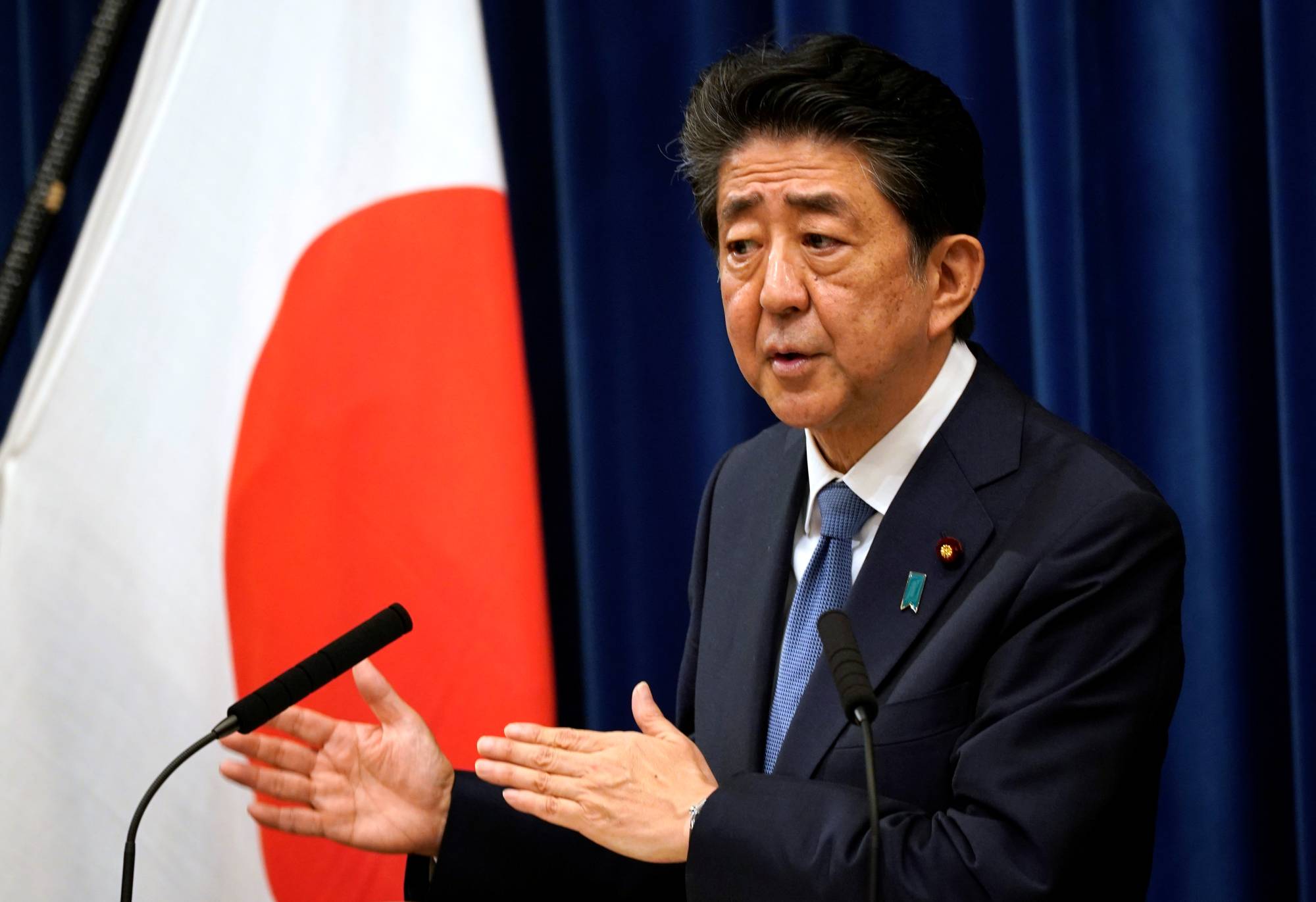Over the past seven-plus years, Prime Minister Shinzo Abe has survived headline-dominating political scandals, relentless questioning by opposition lawmakers and plummeting approval ratings. But in the end, it was his illness that felled his administration for a second time.
Abe’s surprise decision to end his record-breaking tenure was triggered by a chronic inflammatory bowel disease known as ulcerative colitis — an ailment he has battled since adolescence. It’s the same illness that compelled him to end his first, one-year stint in disgrace in 2007.
Ulcerative colitis is essentially an incurable condition and is designated as an “intractable disease” by the health ministry. It causes ulcers and sores in the large intestine, leading to symptoms such as bloody stool, diarrhea and acute stomach aches and potentially extending to complications such as fever, weight loss and anemia, according to the Japan Intractable Diseases Information Center. It can also increase the risk of bowel cancer.

















With your current subscription plan you can comment on stories. However, before writing your first comment, please create a display name in the Profile section of your subscriber account page.